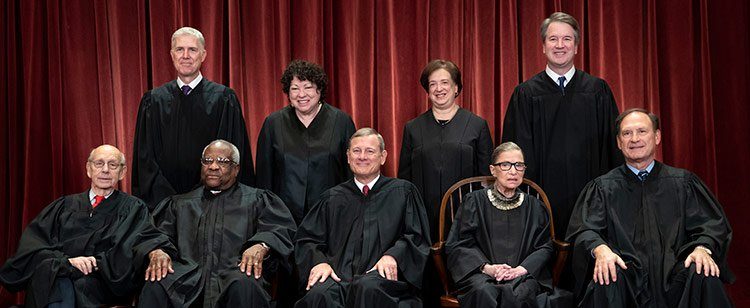Good Morning Law,
Check this from today’s Globe: After four years, Dzhokhar Tsarnaev’s appeal of his conviction in the Boston Marathon bombing trial will start Thursday—“and the odds may be tilting his way.” The Globe says:
The focus will now be on the conduct of prosecutors, defense attorneys, the presiding judge — even the jury — with one central question at issue: Did Tsarnaev get a fair trial? … Lawyers are set to joust for two hours over legal questions such as whether the trial should have been held in Boston, and whether jurors failed to reveal their anti-Tsarnaev biases to the judge.
This is exactly what we’ve been talking about in class so read this for a real time review. And note that the story is illustrated with a sketch, not a photo, because federal courts do not allow cameras, unlike their state counterparts.
See you Tuesday!
Best,
k

